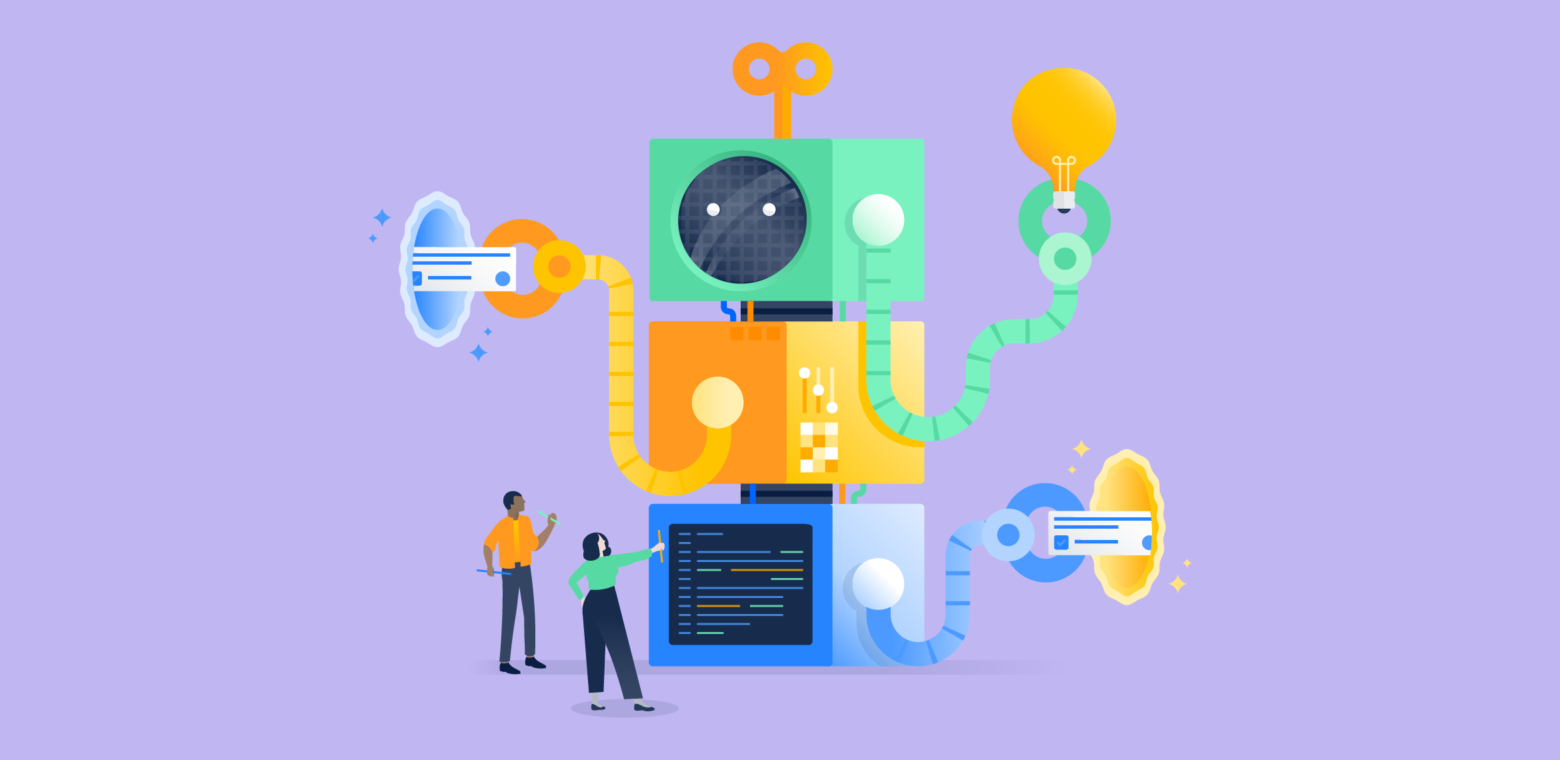3 ways AI will change project management for the better
This is a guest post written by Scott Middleton, founder and CEO of stratejos. stratejos is a smart assistant for software teams using Jira and Hipchat.
If you’ve read any tech media recently then you’re probably hearing a lot about artificial intelligence (AI). Some people herald it as the promise of the future, while others are skeptical — even fearful — of its impacts on society, culture, and our workplaces.
As it turns out, the buzz around AI has mostly resulted in a lot of conflicting emotions. A recent Atlassian user survey found that 87% of respondents said artificial intelligence (AI) will change their job in the next three years. Almost the same number said that some part of their job could be done by AI. 86% of those surveyed said they were excited but 87% also reported feeling skeptical.
However, AI isn’t to be feared. It may even be your best team member, especially for project managers. AI for project management is on the rise, and the way things are going, it’s going to help teams make smarter decisions and move faster. Let’s take a look.
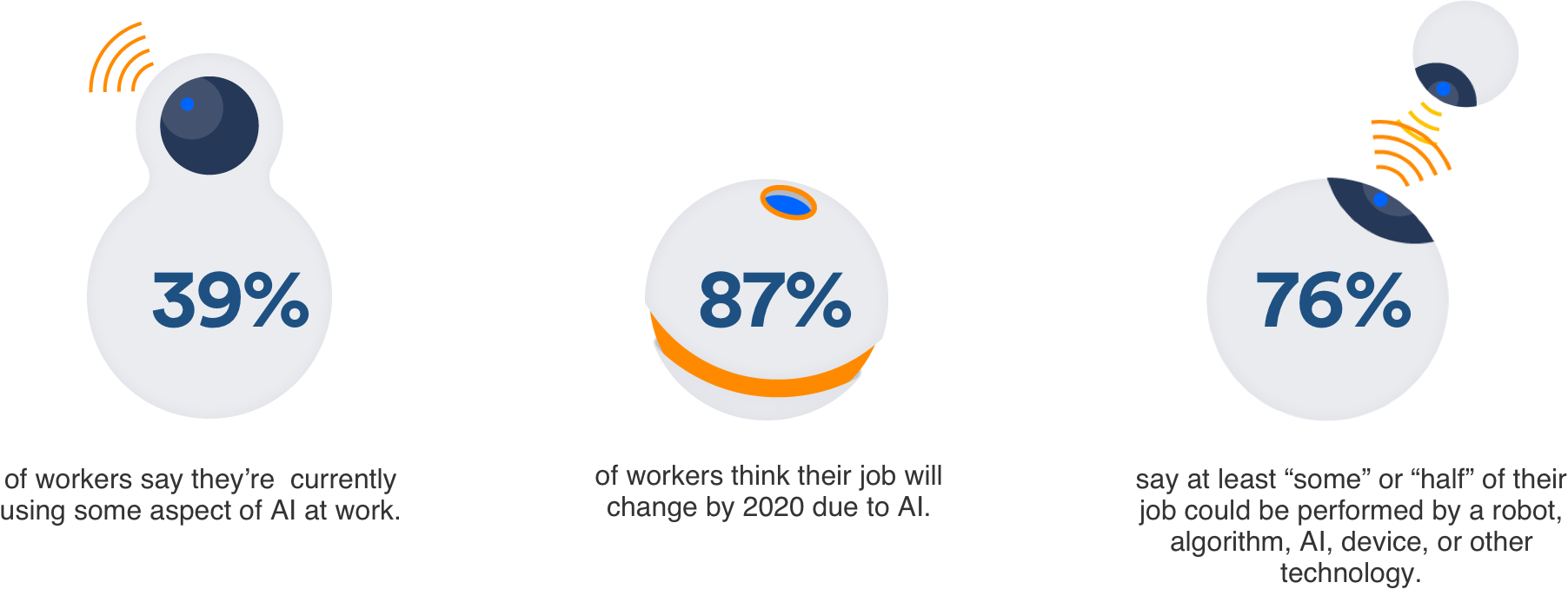
What is project management AI?
Project management AI is a system that can perform the day-to-day management and administration of projects without requiring human input. It will not only automate simple tasks but will also develop an understanding of key project performance. Project management AI can then use this understanding to uncover insights, perform more complex tasks, make recommendations, and make decisions; sometimes in ways people just can’t do today.
Ultimately, an AI system will save you time while improving outcomes for your projects and team.
Project management AI provides a level of service that rises above many of the bots available today. For example, a Hipchat bot that lets you check on the status of a Jira task quickly, while useful, is not considered project management AI. Similarly, an algorithm that applies machine learning to predict estimates for tasks, while interesting, isn’t AI either. It’s only when you start bringing bots and algorithms together that you start to realize the potential of project management AI.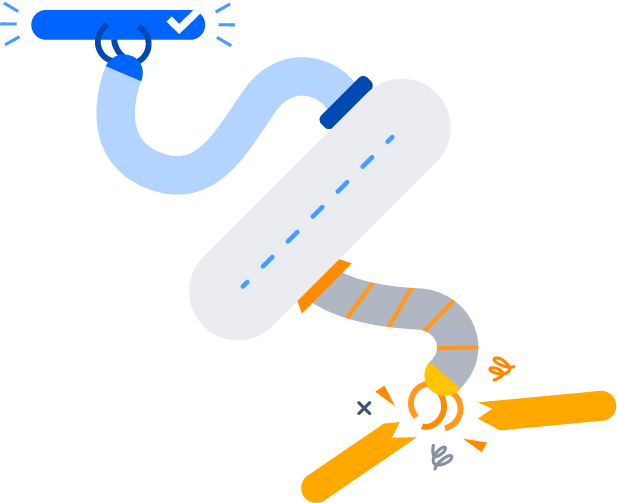
Today: narrow project assistants
Early project management AI will be a project assistant focused on a narrow area of managing a project or team. By focusing on supporting a team in one specific area rather than dealing with all the complexities involved in managing a project, project management AI will be useful to teams sooner rather than
later.
stratejos, for example, has started out by focusing on assisting with estimates, budget, and sprint management. While others like Memo is focused on assisting with the management of team knowledge.
Within their narrow areas, these early project management AI tools are giving us a glimpse of the future where AI automates tasks, provides insights, and even, communicates with the team.
However, there are some challenges. These early, narrow project management AI tools rely on people to input data correctly, update tools in a timely manner, and make corrections. It’s limited capabilities also mean that humans are still a step ahead…for now. In order to provide even more value, project management AI needs to evolve.
Second generation: expanding project understanding
The next step for these narrow assistants is to start expanding their understanding of projects and teams.
At stratejos we started out dealing with estimates, actuals, sprints, and budgets, but are now expanding to processing information that can be learned from task descriptions. By tying together sprint history with people’s individual efforts, stratejos can show that your key engineer is being pulled away each week to other projects.
As the assistants expand their understanding, new metrics will be revealed that weren’t previously possible, such as quality, performance, learning, change, and effort.
For example, AI will know the changes made to source code and link those changes to people and tasks performed. This will allow AI to link bugs reported to a line of code, the person that wrote it, and the tasks that relate to it. This will allow for real, actionable indicators of team and project performance.
With more data points about projects, predictions will become more reliable, more appropriate, and easier for people to understand. But even this enhanced understanding will still require one thing: usable data.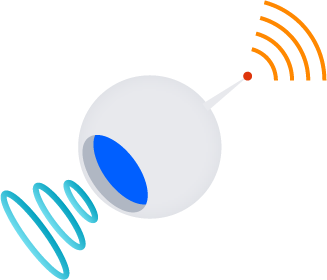
Third generation: Filling in the data gaps
The often unmentioned challenge with AI and the internal facing systems in organizations such as project management tools is the quality and suitability of the data.
Some teams enter minimal to no data into their project management tools. And even the most disciplined teams have issues with their data being interpreted by machines – maybe they inconsistently name their tasks, or enter minimal information. Whatever the reasons or the maturity of the team, it’s almost a given on that any project management system or toolset, there is missing data or messy, unstructured data.
Data size is certainly a challenge but not an insurmountable one. Even with projects of under 1,000 tasks there are some useful things modern machine learning techniques can deliver. Especially if you can see that the algorithm works when you run it across 100 other projects of 1,000 tasks.
Project management AI can deal with the data challenge by:
- Filling in the blanks – AI can make good enough assumptions about the data that is missing and enter that data.
- Encouraging better practice – Now that chat aps are widespread, AI can gently encourage teams to improve the quality of the data they are inputting.
- Creating new layers of metadata – In order to really understand the state of projects and the performance of teams AI will need to create metadata to represent additional concepts that aren’t currently represented. This meta-data can then feed into machine learning algorithms as features that will enhance the ability of AI to provide meaningful advice.
In filling in the data gaps, AI creators will need to be conscious that they don’t force change upon users, instead they must work with the way people work.
Delivering advice, not just data
With new meta-data, improved data suitability, and quality, as well as a broad understanding of the various problems on projects, project management AI will be able to deliver meaningful advice.
Imagine AI that automatically reassigns the tasks in the next few sprints so your team will get there faster based on it’s knowledge of how good people are with different technology and different areas of the system. That is meaningful, powerful and useful.
And it’s not too far-fetched at all. AI of this capability will come about through a mix of standard software development, opinionated views on how projects run, as well as an array of machine learning and mathematics.
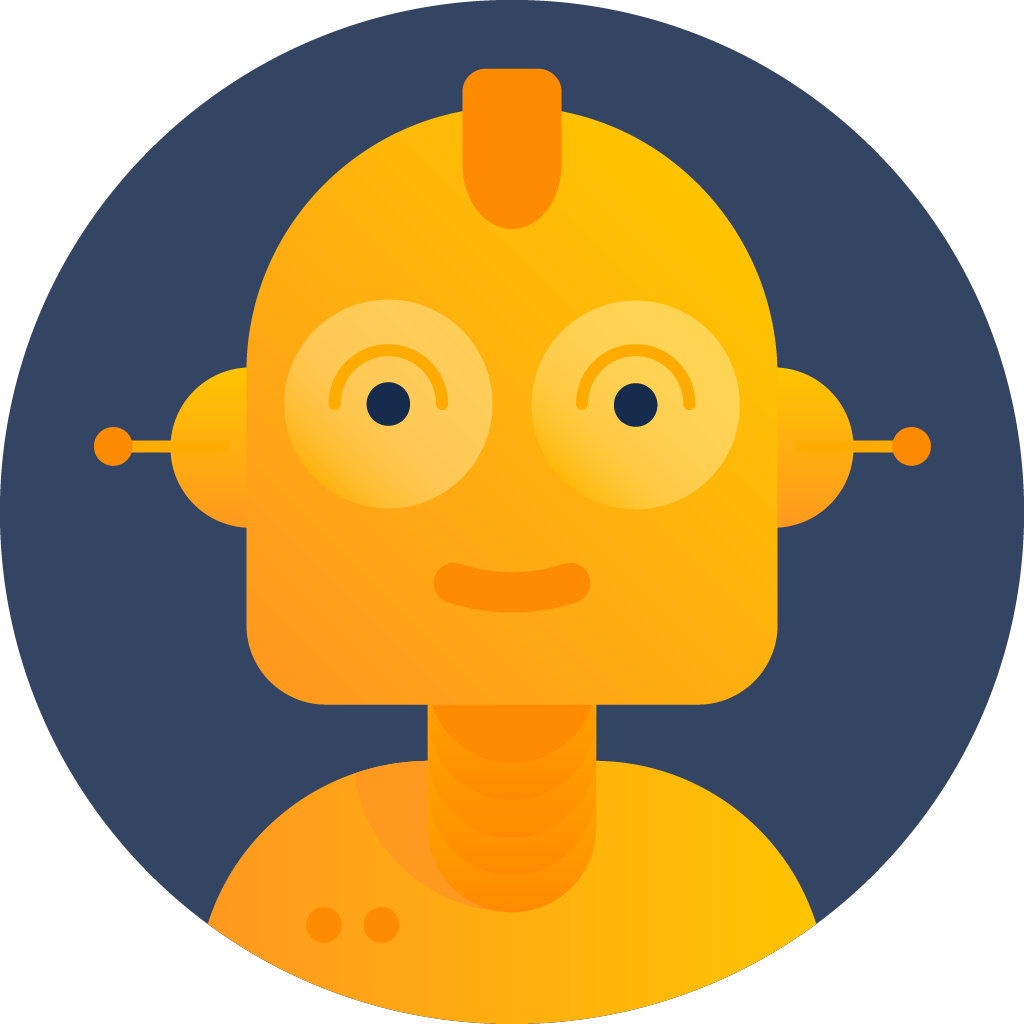
Exciting times ahead
Don’t worry – I’m not talking about singularity here, just a better way of running projects and teams.
Can you imagine getting hours back in your week? Spending time being more creative instead of administrative? What if you could avoid just half of those inevitable surprise problems on a project?
Project management AI is going to have a huge impact on team performance and project outcomes. Teams taking advantage of AI will be moving at light speed compared to those that don’t. And that’s something to be excited about.
stratejos offers a Jira bot and a Hipchat bot that can help you manage software teams, projects, and releases. Check out stratejos in the Atlassian Marketplace to see how it can help you know the real status of projects, identify problems and get help fixing them.
